The Beatles released Sgt Peppers Lonely Hearts Club Band 47 years ago – 1967 (Read more)Sgt. Pepper’s Lonely Hearts Club Band (often shortened to Sgt. Pepper) is the eighth studio album by The Beatles, released on 1 June 1967 on the Parlophone label and produced by George Martin. The album is widely regarded as one of the greatest of all time, and has since been recognised as one of the most important albums in the history of popular music, including songs such as “Lucy in the Sky with Diamonds” and “A Day in the Life”. Recorded over a 129-day period beginning in December 1966, Sgt. Pepper saw the band developing the production techniques of their previous album, Revolver. Martin’s innovative and lavish production included the orchestra usage and hired musicians ordered by the band. Genres such as music hall, rock and roll, pop rock, and traditional Indian music are covered. The album cover art, by English pop artist Peter Blake, depicts the band posing in front of a collage of their favourite celebrities, and has been widely acclaimed and imitated. |
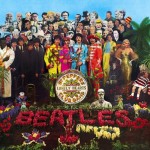 |
| Happy birthday Ronnie Wood! Ronald David “Ronnie” Wood (born 1 June 1947) is an English rock guitarist and bassist best known as a former member of The Jeff Beck Group, Faces, and a member of The Rolling Stones since 1975. He also plays lap and pedal steel guitar. |  |
| “You Send Me” is a song by American singer-songwriter Sam Cooke, recorded June 1, 1957 and released on September 7, 1957 by Keen Records. Produced by Bumps Blackwell and arranged and conducted by René Hall, the song was the A-side to “Summertime”. The song, Cooke’s debut single, was a massive commercial success, becoming a number one hit on both Billboard‘s Rhythm & Blues Records chart and the Billboard Hot 100.
It was named as one of the 500 most important rock and roll recordings by the Rock & Roll Hall of Fame. In 2005, the song was voted #115 by representatives of the music industry and press in Rolling Stonemagazine’s The 500 Greatest Songs of All Time. |
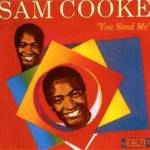 |
|
“Still Life” (American Concert 1981) is a live album by The Rolling Stones, released June 1, 1982. Recorded during the band’s American Tour 1981 in the latter portion of that year, it was released in time for their European Tour 1982 continuation the following summer. The album cover is a painting by Japanese artist Kazuhide Yamazaki, whose work inspired the tour’s stage design. |
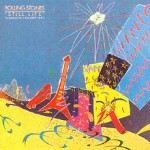 |
| “Give Peace a Chance” is a song written by John Lennon (originally credited Lennon–McCartney), and performed with Yoko Ono in Montreal, Canada.Released as a single in 1969 (recorded June 1, 1969) by the Plastic Ono Band onApple Records (catalogue Apple 13 in the United Kingdom, Apple 1809 in the United States), it is the first solo single issued by Lennon, released when he was still a member of the Beatles, and became ananthem of the American anti-war movement during the 1970s. It peaked at number 14 on the Billboard Hot 100 and number 2 on the British singles chart. | 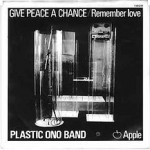 |
Pink Floyd started recorded their classic album Dark Side of the Moon June 1, 1972 (the first track to be recorded was “Us and Them”)The album was recorded at Abbey Road Studios, in two sessions, between May 1972 and January 1973. The band were assigned staff engineer Alan Parsons, who had worked as assistant tape operator on Atom Heart Mother, and who had also gained experience as a recording engineer on The Beatles‘ Abbey Road and Let It Be. The recording sessions made use of some of the most advanced studio techniques of the time; the studio was capable of 16-track mixes, which offered a greater degree of flexibility than the eight- or four-track mixes they had previously used, although the band often used so many tracks that to make more space available second-generation copies were made |
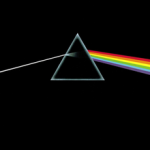 |
| John Lee Curtis “Sonny Boy” Williamson (March 30, 1914 – June 1, 1948) was an American blues harmonica player and singer, and the first to use the name Sonny Boy Williamson.Williamson was born near Jackson, Tennessee in 1914.His original recordings were considered to be in the country blues style, but he soon demonstrated skill at making harmonica a lead instrument for the blues, and popularized it for the first time in a more urban blues setting. He has been called “the father of modern blues harp”. While in his teens he joined Yank Rachell and Sleepy John Estes playing with them in Tennessee and Arkansas, and in 1934 settled in Chicago
|
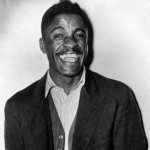 |
Spotify Playlist – June 1: |
|
